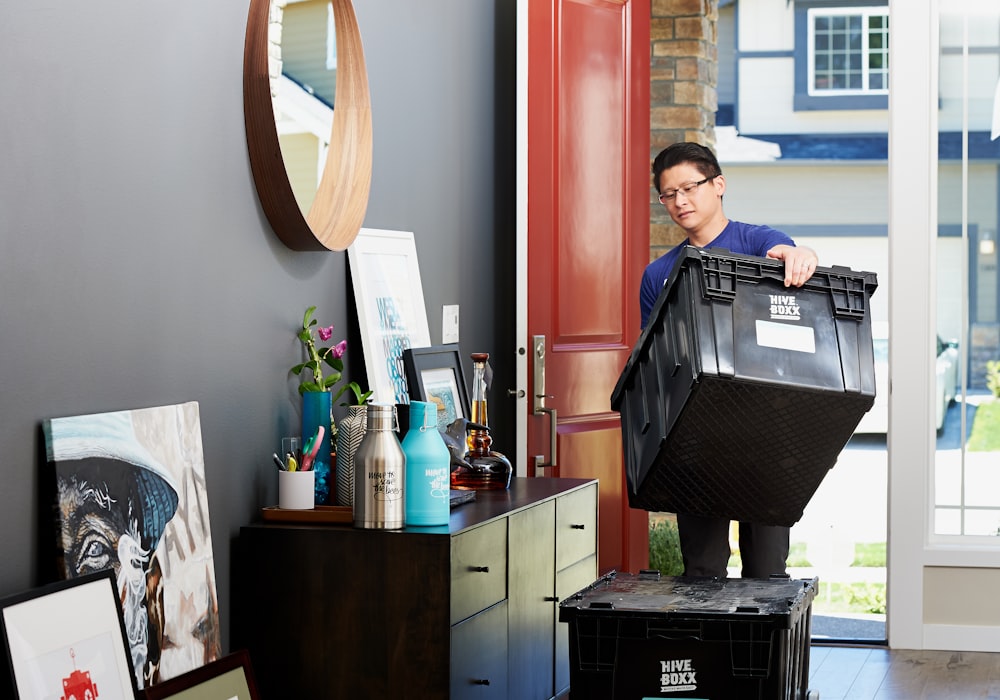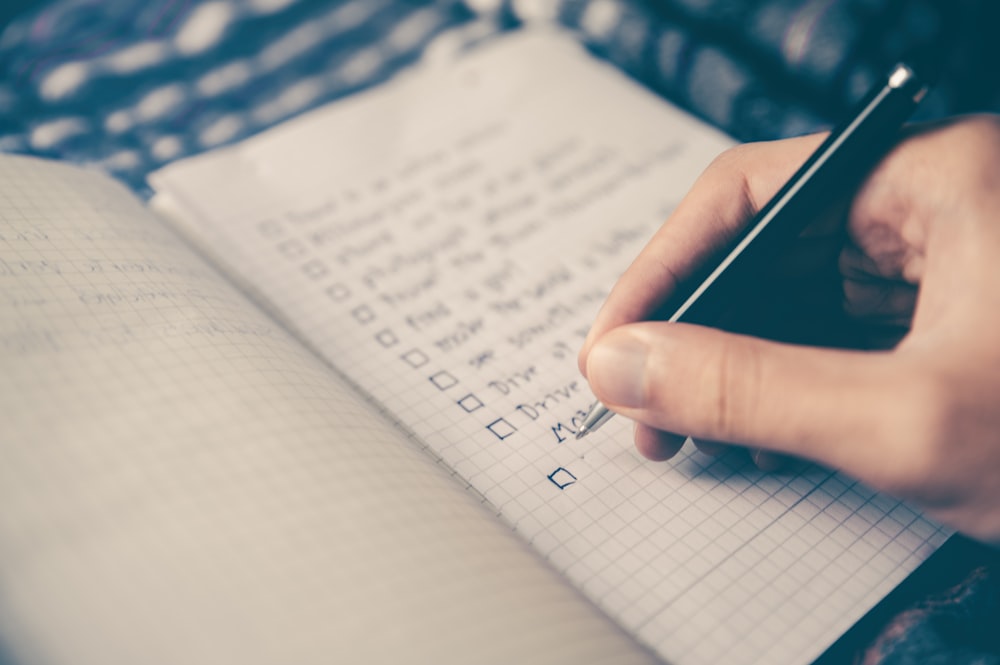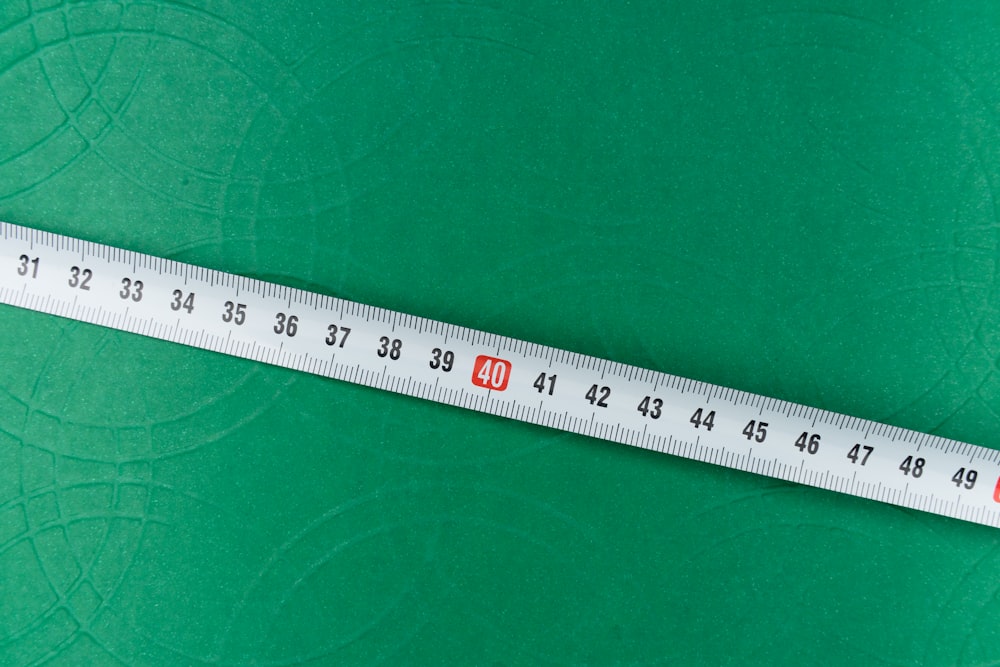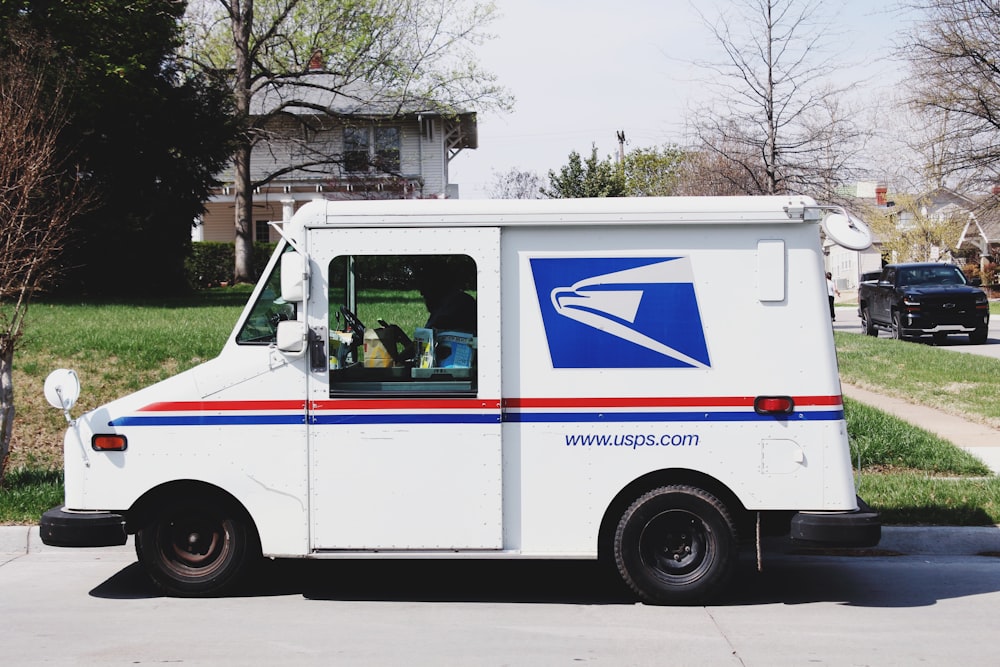Did you know the average American moves about 11 times in their lifetime? Can you imagine that?
Additionally, according to fivethirtyeight.com:
“The U.S. Census Bureau doesn’t directly ask Americans about the total number of times they’ve moved but estimates those figures using two pieces of information: which age groups are most likely to move in a given year and the overall composition of the U.S. population. The population estimates) and reached a slightly lower number of 11.3 lifetime moves.”
That’s a lot of planning for a move. There are many things to do between searching for a new place and moving.
But don’t worry! This guide will break down the moving process and the key steps when preparing to move.
Have a Planning Notebook
Having a notebook for planning this move is a great way to stay organized. You can section off pages for different rooms of the house and list off the items inside. Cross off items and tasks as you complete them so you don’t have to panic wondering if you packed the blender or not.
Take Measurements of the New House
If you can, it’s always a good idea to have the room, window, and door/entryway dimensions of a new place when your preparing to move. This may help you decide on what pieces of furniture are coming with you to the new house or not. You don’t want to bring your couch with you only to find out it doesn’t fit through the door.
Ditch the Moving Truck
One of the most stressful aspects of moving is transportation. Instead of renting a large, and intimidating moving truck and trying to drive it yourself, invest in a moving container.
A moving container, like The Storage Box, is a portable storage unit that you can load and unload without worrying about extra charges from the moving truck company.
Make Sure Your Home Is Move-In Ready
Transfer your utilities and cable services as soon as possible. You can contact your service providers a few weeks in advance to let them know you are moving so you aren’t without water, electricity, or Wi-Fi for days after moving in.
You also may want to have a locksmith change the locks on your doors, especially if the current locks are old or not very secure.
Update Your Address
You must update your address on your license and registration at the DMV. Some states allow you to make changes online and allow you to do so up to 90 days after your move, but some time limits are as low as 10 days. This also depends on where you live and if you are moving out of state.
You must also update your address with the United States Postal Service with this form.
Government agencies, such as the IRS and SSA must know your new address as well.
In addition, take your health into account. There are many telehealth companies that offer online medical consultations so that you can get treatments like prescription acne medication or birth control delivered straight to your new home.
Research the Neighborhood and Local Hot Spots
You should know how to get to essential places like the grocery store, pharmacy, and the nearest hospital, but you also want to know what else your new neighborhood has to offer for fun. You can go out for a nice dinner at a new place to unwind after moving in.
Check social media sites to see if your neighborhood has any community forums for gatherings, yard sales, and more.
Preparing to Move Made Easy
We hope this guide helps you when you are preparing to move. Planning is the first key step to the process. Utilize all the services at your disposal to help this move go as smoothly as possible.







